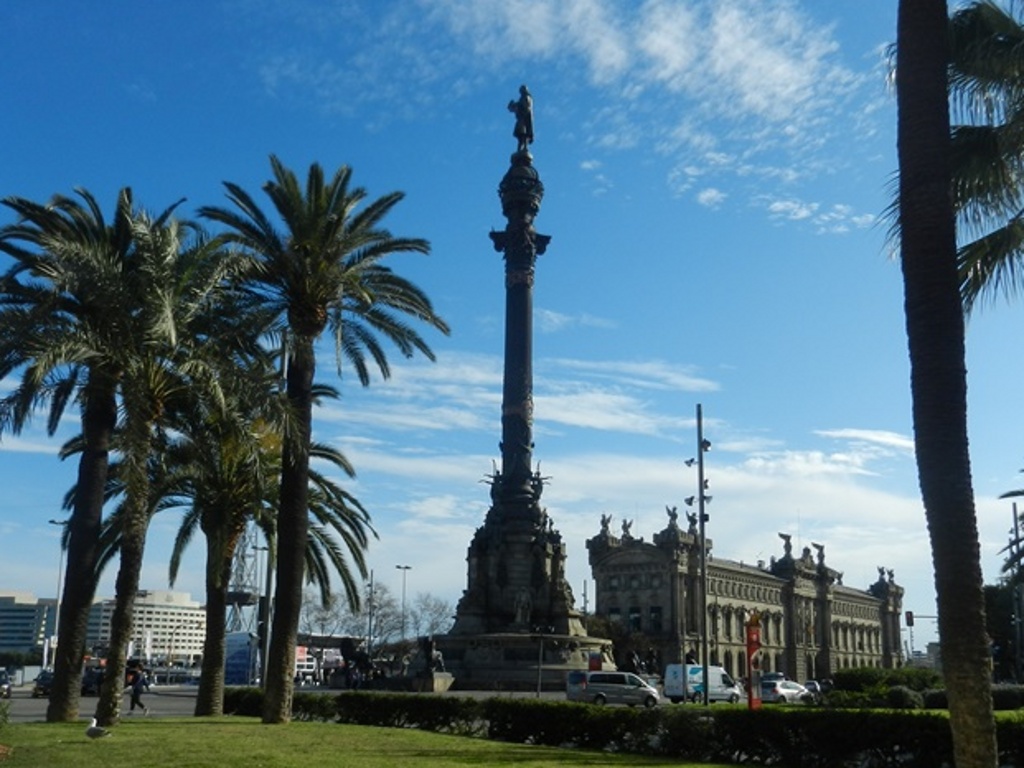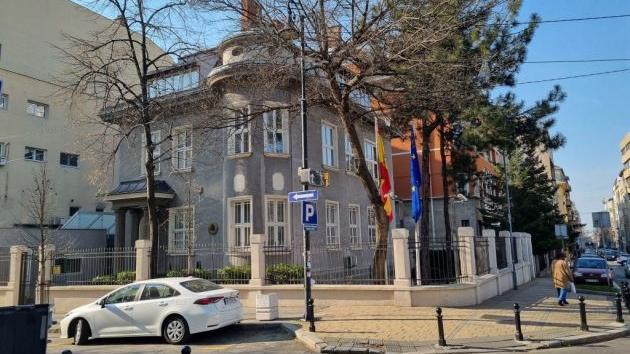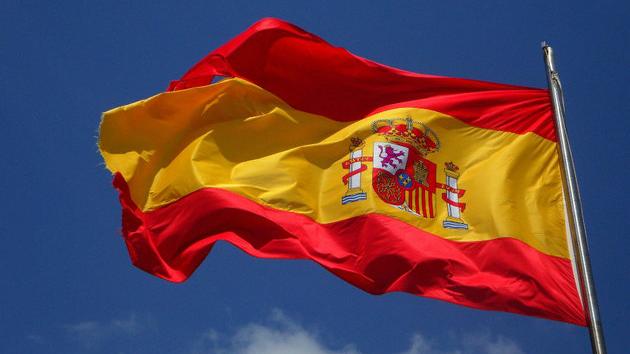Miguel Fuertes Suarez, ambassador of Spain to Serbia - We are Serbia's natural ally for entrance to South America
 Tuesday, 29.09.2015.
Tuesday, 29.09.2015.
 15:40
15:40
(Miguel Fuertes Suarez)
The value of bilateral trade cooperation between Serbia and Spain reached EUR 268 million last year. More than 40 Spanish firms operate in Serbia either through affiliates or through joint ventures established with Serbian partners. However, if we talk about total number of companies or Spanish brands involved in various trade agreements, such businesses are measured in hundreds, Miguel Fuertes Suarez, the ambassador of Spain to Serbia, says in an interview with eKapija.
The fact that the representatives of about 15 companies are coming on an organized visit to Belgrade in October and November is a proof enough that there is still room to improve economic cooperation between the two countries.
eKapija: How do you see economic and diplomatic relations between Spain and Serbia?
We are approaching the 100th anniversary of diplomatic relations between Spain and Serbia, which were first established in 1916. What can be said with certainty is that the relations between the two countries have been improved significantly in the last decade. There is a particularly good basis in the economic sphere for quicker development of our relations. All necessary bilateral agreements have been signed to encourage investments and facilitate economic and technological cooperation between Spanish and Serbian firms. Bilateral trade cooperation, which was at EUR 268 million last year, is quite balanced. Spanish companies operating in Serbia are mainly satisfied with their operations and expect the business environment to be even better as Serbia progresses on its path to the EU.
eKapija: Where do you see room to improve these relations?
- The fields of specialization of our economies are fully complementary, and based on this one can notice a great potential in the growth of trade between the two countries. Spain is today a very important market for certain number of Serbian exporters of agricultural products, manufactures, furniture as well as components for the automotive industry, but our country offers a plenty of excellent business opportunities. For example, Spain is Serbia's natural ally for the penetration of the market of South America, one of the fastest-growing zones. On the other hand, Spain has leading fast fashion brands, and it is a leader in the Serbian market in this segment, but some other sectors too stand out for their quality, such as infrastructure, capital goods, olive oil, famous wines...

eKapija: According to the data from 2014, how many Spanish companies are operating in Serbia? What is the situation with Serbian firms in Spain, how often our businessmen turn to you for advice on how to enter the market of Spain?
- At this moment, more than 40 Spanish firms operate in Serbia either through affiliates or through joint ventures with Serbian partners. However, if we're talking about total number of companies or Spanish brands that are present through various trade agreements, we could easily count hundreds of firms with a different core activity.
We can also confirm that the interest of Serbian companies in working with Spain has grown significantly over the past few years. It is still a relatively small number of companies that opened an office or headquarters in Spain, but those that did that, like certain construction companies, have achieved a great success. We have experts, both in Belgrade and in Madrid, who help Serbian companies wishing to do business in Spain, and I use this opportunity to invite them all to feel free to contact us.
eKapija: When it comes to investments, which industries in Serbia are the most interesting to Spanish companies?
- The interest of Spanish investors is quite diverse and it has been changing in line with the dynamics and maturing of the Serbian economy. Today, generally speaking, Serbia offers good investment conditions. The complementarity of our countries is the most visible in fields such as agriculture, automotive industry or management of infrastructure projects and public utility services. All these sectors in Serbia have a huge growth potential and could take advantage of both technology and knowledge developed by Spanish firms. For example, Spain's agriculture is a leader in added value services thanks to water management technology and the use of greenhouses. If Serbian farmers decided to apply this experience to their production, you can just imagine how it would affect the growth of exportation of agricultural products from Serbia.
eKapija: Can we announce some new activities of the Embassy in Serbia? In which way do you promote Spain in our country?
- The main obstacle for companies wishing to operate outside Spain is still the absence of verified, quality and reliable information. In our Embassy, with the support of the Spanish Institute for Foreign Trade - ICEX, we provide Spanish companies with all the necessary information and help them find partners for their international expansion. Aside from participating in numerous forums, we organize seminars, conferences and visits of business delegations. The plan for October and November 2015 is to organize a visit to Belgrade for about 15 Spanish firms.
We are also engaged in activities that are not economical in nature, providing support to cultural, artistic and academic exchange between the two countries. The Spanish Embassy organizes a number of activities with the aim of promoting our values, culture and language. An important role here is played by Instituto Cervantes and numerous Serbian institutions we are working with on a daily basis.
eKapija: Is the business culture in Serbia and Spain different? Is there anything that really surprised you?
- To be completely honest, when it comes to business culture, my attention is caught by similarities rather than differences. Business culture in Serbia is under the influence of Central Europe and the Mediterranean, which is the same as in Spain. People in both countries strongly appreciate development of business relations on the foundations of personal experience and mutual trust between associates.
It is normal that I've discovered a large number of customs and traditions in Serbia that caught my attention in the past few months. I'd like to underline that all these experiences are very positive. The first experience of the kind was the hospitality and warmth of the Serbian people. If I have to pick one of the customs in Serbia that I like the most, then I'd say it's the celebration of slava.
Jelena Djelic
 Ambasada Kraljevine Španije Beograd
Ambasada Kraljevine Španije Beograd
 Institut Servantes Beograd
Institut Servantes Beograd


 Izdanje Srbija
Izdanje Srbija Serbische Ausgabe
Serbische Ausgabe Izdanje BiH
Izdanje BiH Izdanje Crna Gora
Izdanje Crna Gora


 News
News








